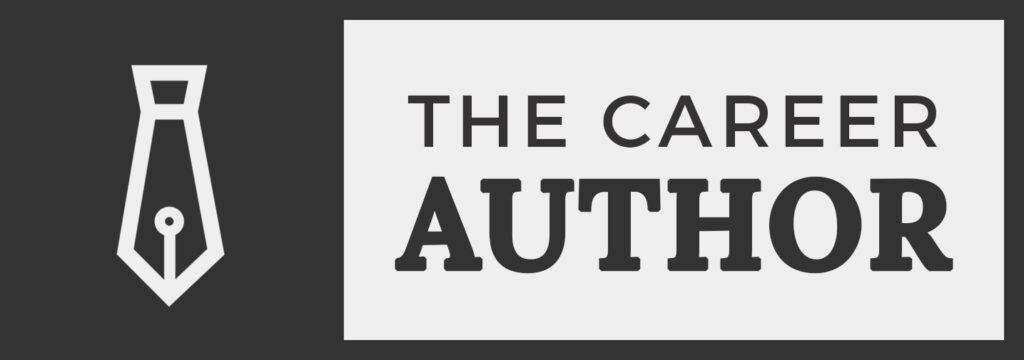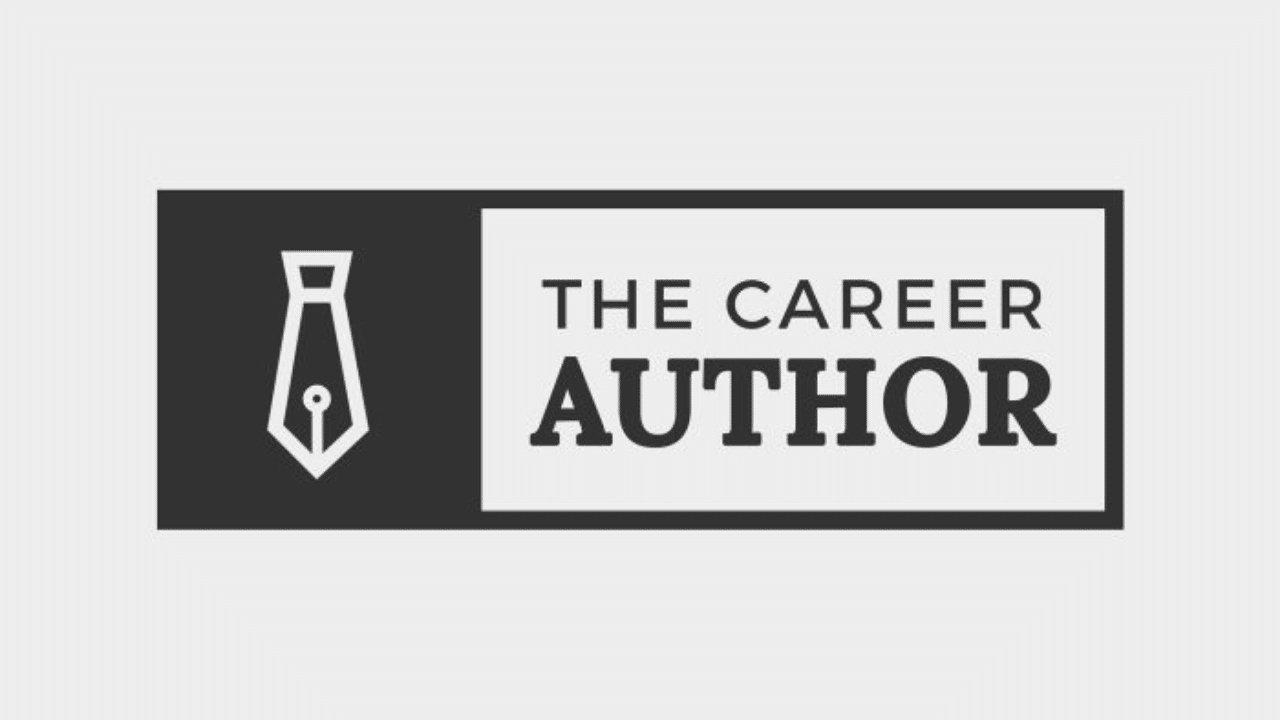The Career Author Podcast is a podcast where co-authors J. Thorn and Zach Bohannon share their struggles and successes as full-time authors, advice for improving your writing craft, and honest discussions of what it takes to build a successful career as an author.
Every opportunity comes with a cost. We must decide what’s critical to our business and what isn’t, and then what to do about it.
In this episode, you’ll discover:
- What it means to pay an “opportunity cost.”
- How to decide what is worth it and what isn’t.
- Why Zach and J. are pivoting with Story Levels, including a new approach with ancient roots.
Also, learn how success breeds motivation, not the other way around in The Motivation Myth.
When faced with an opportunity, how do you decide to take it or not? Comment at thecareerauthor.com.
Thanks to all our Patrons.
Podcast sponsored by Kobo Writing Life – https://writinglife.kobobooks.com
Get exclusive bonus content by supporting The Career Author Podcast on Patreon at www.patreon.com/thecareerauthor
Want to work with us? Get the details at https://thecareerauthor.com/services/
Links:
Stolen Things by R.H. Herron – https://amzn.to/2KVrXaN
The Motivation Myth by Jeff Haden – https://amzn.to/2ZoVg9J
The August Giveaway is up now! – http://www.thecareerauthor.com
The Career Author YouTube Channel – https://www.youtube.com/channel/UCmIYVcr1UdWgSvYpb3Ol3xg
Three Story Method – http://threestorymethod.com
Molten Universe Media – http://www.moltenuniversemedia.com
Events – https://thecareerauthor.com/events/


Comments
13 responses to “The Career Author Podcast: Episode 88 – Opportunity Costs (and a Story Levels pivot)”
Morning guys. Looks like a great way today J. I’ll have to check it out.
Bonus hack today from Zach; getting creative in the shower. Great place to think.
Love the topic. How do I decide to take an opportunity or not? Do I persist with military scifi or write a Lee Child/Mark Dawson style thriller series or finish my YA fantasy series I started in 2012, or try a postapoc series or should I write romance? I can’t do them all…🙂
In terms of writing, a project must feel good to me because if I am going to commit time I need to be all in otherwise I won’t do it justice. This is why I enjoy writing short stories for anthologies; they are an hors d’oeuvre that allow me to taste a new genre before I commit to write a novel in that genre.
Sounds like you made a tough decision about Story Levels. I’m sure you made the right decision as now you have more control over further development because you own the brand. Good luck with it.
I’m still waiting for your Rockaromance weekend so I can write a Romance short story for the anthology otherwise my plans to become a top romance writer will have to be shelved. 🙂
Great show guys.
Rockaromance! OMG, no. 🙂
There is a genre called Postapoc Romance. Presumably girl meets boy. Hate at first sight. Separation. World nearly ends so lots of death, destruction and misery. They meet again and she realises he is the only living male left on Earth so she becomes celibate and the human race dies out. Hmm… might not work.
Great show. Nice to hear the back and forth over staying with Story Grid group or not.
I make a pros and cons list. Then I do a ton more research. Then I do some more research. Then if it is time based I go with my gut. If it isn’t I do some more research. Then I ask other people’s opinions. Then a little more research. Then I re-watch Shawshank Redemption and hear the line: Get busy living. Then I pull the trigger.
You guys keep dangling the authors on a train, but it isn’t going to be this time. I’ll see if I can see you guys off before the train leaves with a 1950s departure scene.
…or get busy dying.
Love it!
Looking forward to The Three Story Method.
Writing 40,000 words that you have to redo, in my view would not be a waste. You have thought more deeply about the subject and I’m guessing some of those ideas will be in the new approach. Probably will make it better.
See you in Nashville,
Pete
So true. Thanks for the words of encouragement and yes, I’ll see you in Nashville!
I loved this episode because you really showed the opportunity cost instead of just telling it. You should be writers 😉
I see so many of us jump at the chance to write in an anthology, despite it not being our genre, because it’s a chance to be in an anthology.
We write blog posts about writing or marketing when we have no writing or marketing books or products to sell.
I’m not immune, either, but I’ve learned from you guys and others to look at things in a more focused light. Is the thing targeted to MY readership? Is it worth the time, money, effort, and stress for what I could get out of it?
I’m okay with guessing wrong and making mistakes, but I don’t want to make the same ones over and over again.
BTW, considering the opportunity cost is a constant struggle for me. I assume it is for others, as well. There’s so much temptation out there.
I was highly tempted by your Vampires of New Orleans. I love New Orleans and I write vampires, but I don’t write horror. I write Urban Fantasy, and I had to ask myself if MY readers would come from a horror anthology. I don’t think so.
Thanks, man! I really appreciate that. You’re so right about alignment in opportunity.
Also, Vamps of NOLA is not a horror anthology. The theme is vampires and not all vampire stories are horror 😉
The first time I learned of conflict, choice, and consequences was from Immediate Fiction by Jerry Cleaver. He uses conflict -> action -> resolution, and breaks conflict down to “want + obstacle”. That was a game-changer.
Before that, I’d often have characters just standing around not really caring about what happened in my world. As soon as I introduced a clear want with a clear obstacle, all of a sudden things were happening. It works from the scene level all the way to a series level. I have no idea why I used to think I could just create interesting characters or an interesting world without giving a character a ticking bomb, but eh, live and learn, right?
Absolutely! That’s why we don’t believe that there are “character-driven stories” and “plot-driven stories.” We believe that plot drives character. And yeah, without conflict, you don’t have a story. Thanks for the comment!
Nice! I’ll have to look up Jerry Cleaver. I hadn’t heard of him before.